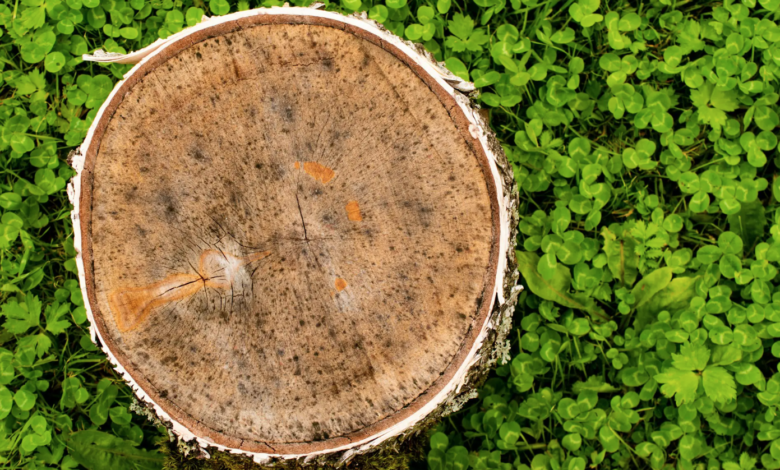Global deforestation clears 10 football fields per minute in 2023

Last year lost an area as large as Switzerland
– Brazil and Colombia are better protecting their tropical forests, but pressure from intensive agriculture and livestock worldwide continues to worsen global deforestation. This is the factor that most of all affects the loss of primary forest and forest cover in general, in front of fires aggravated by climate change. In 2023 the world’s forests fell by 37,000 km2, an area as large as Switzerland, with chainsaws working at the rate of the equivalent of 10 football fields per minute.
The hotspots of global deforestation
Last year the decreases in Brazil and Colombia – which show how effective, and in a short time, the political will to tackle deforestation – were counterbalanced by increases in Congo (+3%), Bolivia (+27%), Indonesia (+27%)Laos, Nicaragua and other countries. Brazil led by Lula has reduced the deforestation of primary forest – the most important for the conservation of biodiversity and for the absorption capacity of CO2 – by 36%. Gustavo Petro’s Colombia halved it (-49%).
“Forests are fundamental ecosystems to combat climate change, support livelihoods and protect biodiversity,” explains Ani Dasgupta, president of WRI. “The world only has six years to keep its promise to stop deforestation. This year’s forest loss numbers tell what we can achieve when leaders prioritize action, but the data also highlights many missed opportunities to protect our forests and our future”.
Extraordinary increases in the loss of forest cover also occurred outside the tropics and for factors not related to agribusiness but to the climate crisis: Canada, for example, recorded record losses due to mega-fires that have charred an area 5 times larger than the previous year.
“The world has taken two steps forward and two steps backwards in terms of the loss of forests last year,” says Mikaela Weisse, director of Global Forest Watch, The World Resource Institute and University of Maryland Observatory today released the annual report. “The sharp decline in the Brazilian Amazon and Colombia shows that progress is possible, but the growing loss of forests in other areas has largely thwarted this progress. We must learn from countries that are successfully slowing down deforestation”.





